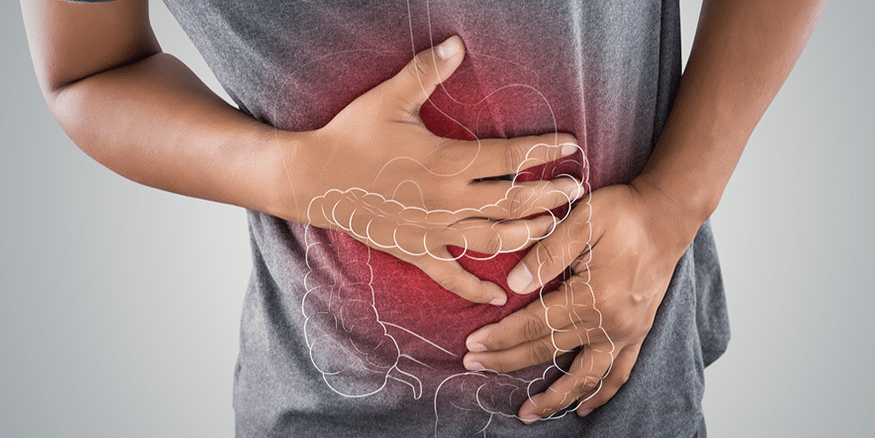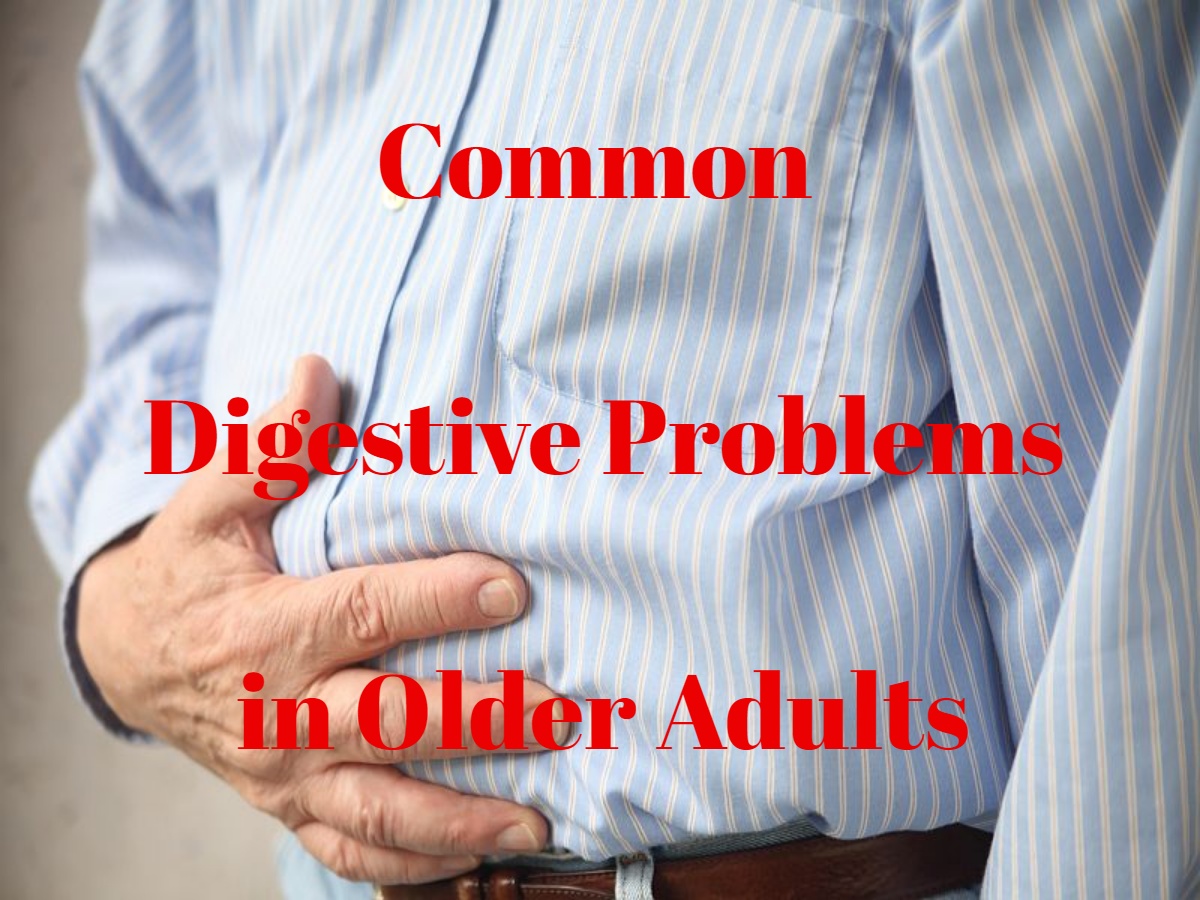Constipation is a common gastrointestinal issue that affects people of all ages, yet there’s a lot of misinformation surrounding it. Understanding what’s true and what’s not is crucial for effective management and relief. Let’s debunk some common myths and shed light on the facts.
Table of Contents
Understanding Constipation
Constipation occurs when bowel movements become less frequent or stools become difficult to pass. It’s often caused by a lack of fiber in the diet, insufficient water intake, or a sedentary lifestyle, but can also result from medical conditions or medications.
Myth vs. Fact
Myth 1: Drinking More Water Always Solves Constipation
- Fact: While hydration is important for preventing constipation, simply drinking more water isn’t always a cure. If you’re already well-hydrated, additional water might not alleviate constipation. Dietary fiber and exercise are also crucial components for relief.
Myth 2: Constipation is Harmless
- Fact: While occasional constipation is common and usually not serious, chronic constipation can lead to complications such as hemorrhoids, anal fissures, or fecal impaction. It’s important to address persistent constipation with lifestyle changes or medical consultation.
Myth 3: Laxatives Are the Best Solution for Constipation
- Fact: Laxatives can provide temporary relief, but they’re not a long-term solution. Overuse can lead to dependency and decrease bowel function. A combination of dietary changes, exercise, and hydration is often more effective for managing constipation.
Myth 4: Only Poor Diets Cause Constipation
- Fact: While a diet low in fiber is a common cause, constipation can also result from a sedentary lifestyle, certain medications, medical conditions, or ignoring the urge to have a bowel movement. It’s a multifaceted issue with various contributing factors.
Myth 5: Constipation Means You’re Unhealthy
- Fact: Experiencing constipation does not necessarily mean you’re unhealthy. It’s a common issue that can be caused by a range of temporary factors, including stress, travel, or changes in routine. However, addressing constipation can improve overall well-being.
Myth 6: All Fiber is Equally Effective Against Constipation
- Fact: There are two types of fiber – soluble and insoluble. Both are important for digestive health, but insoluble fiber is particularly beneficial for easing constipation by adding bulk to stool and helping it pass more easily.
Myth 7: Immediate Bowel Movement After Eating Indicates Good Digestive Health
- Fact: Bowel movement patterns vary widely among individuals. Some may experience movements shortly after eating, while others may not. Regular, comfortable bowel movements—not timing—indicate good digestive health.
Myth 8: Constipation is Only a Physical Problem
- Fact: Psychological factors such as stress and anxiety can significantly impact bowel movements and lead to constipation. Addressing mental health is often an important part of managing constipation.
Myth 9: Ignoring Constipation is the Best Approach
- Fact: Ignoring constipation can lead to longer-term discomfort and potential complications. Addressing it early with lifestyle changes or medical advice can prevent more serious issues.

Effective Relief Strategies
1. Increase Fiber Intake
- Dietary Fiber: Incorporating high-fiber foods into your diet, such as fruits, vegetables, whole grains, legumes, nuts, and seeds, can help add bulk to your stool and make it easier to pass.
- Fiber Supplements: If you’re unable to get enough fiber from your diet alone, supplements like psyllium husk can be a helpful addition.
2. Stay Hydrated
- Water is Key: Drinking enough water is essential for softening stool and promoting bowel movements. Aim for at least 8 glasses a day, and consider more if you’re active or live in a hot climate.
- Limit Dehydrating Drinks: Reduce intake of caffeine and alcohol, which can lead to dehydration and exacerbate constipation.
3. Exercise Regularly
- Physical Activity: Regular exercise helps stimulate intestinal activity, reducing the time it takes for food to move through the large intestine. This limits the amount of water absorbed from the stool into your body, making it easier to pass.
- Types of Exercise: Even light exercise, such as walking or yoga, can be beneficial.
4. Establish a Routine
- Regular Schedule: Try to use the bathroom at the same time each day, ideally after meals, to take advantage of the body’s natural rhythms.
- Don’t Ignore Urges: Respond to your body’s signals promptly. Ignoring the urge to go can lead to harder stools and more difficulty passing them later.
5. Consider Probiotics
- Gut Health: Probiotics can help balance the gut microbiota, which can improve bowel regularity. They’re found in fermented foods like yogurt, kefir, sauerkraut, and in supplement form.
6. Try Natural Laxatives
- Prunes and Prune Juice: These are natural remedies known for their laxative effects, thanks to their high sorbitol content.
- Herbal Teas: Certain teas, like senna or dandelion, can stimulate bowel movements, but should be used cautiously as they can lead to dependency.
7. Review Medications
- Consult with a Healthcare Provider: Some medications, including certain painkillers and antidepressants, can cause constipation. A doctor may be able to adjust your medication or suggest alternatives.
8. Stress Management
- Reduce Stress: Since stress can impact digestive health, finding effective ways to manage stress, such as through meditation, deep breathing exercises, or counseling, can help alleviate constipation.
9. Medical Treatments
- Over-the-Counter Options: For occasional constipation, over-the-counter laxatives may be effective, but they should not be used for long-term treatment without consulting a doctor.
- Prescription Medications: In more severe cases, prescription medications that draw water into the intestines or stimulate bowel movements may be necessary.

Lifestyle Adjustments
1. Regular Physical Activity
- Stay Active: Engage in regular exercise such as walking, jogging, swimming, or cycling. Physical activity helps stimulate intestinal movements, making it easier for the body to pass stools.
- Incorporate Movement into Your Day: Even small changes, like taking the stairs instead of the elevator or doing stretching exercises while watching TV, can make a difference.
2. Healthy Eating Habits
- High-Fiber Diet: Increase your intake of fiber-rich foods such as fruits, vegetables, whole grains, and legumes. Fiber helps add bulk to your stool, making it easier to pass.
- Mindful Eating: Eat slowly and chew your food thoroughly to aid digestion and absorption. Avoid overeating, which can stress your digestive system.
3. Adequate Hydration
- Drink Plenty of Fluids: Water is the best choice for staying hydrated. Aim for at least 8-10 glasses a day, and consider more if you’re active or live in a hot climate.
- Limit Caffeine and Alcohol: These can dehydrate your body and worsen constipation. Opt for water, herbal teas, or diluted fruit juices instead.
4. Establish a Routine
- Consistent Meal Times: Eating your meals at the same times each day can help regulate your body’s digestive system.
- Dedicated Bathroom Time: Encourage regular bowel movements by setting aside time each day, preferably after meals, to use the bathroom. This takes advantage of the body’s natural reflexes.
5. Stress Management
- Relaxation Techniques: Stress can impact your digestive system. Techniques such as deep breathing, meditation, yoga, or any relaxing hobby can help manage stress levels.
- Adequate Sleep: Ensure you’re getting enough sleep. Lack of sleep can negatively affect your digestive system and exacerbate constipation.
6. Mindful Medication Use
- Review Your Medications: Some medications can cause constipation as a side effect. Consult with your healthcare provider to see if alternatives are available or if dosages can be adjusted.
7. Limiting Intake of Constipating Foods
- Reduce Processed Foods: Foods high in fat and sugar but low in fiber can slow down digestion. Limiting processed and fast foods can help prevent constipation.
- Be Cautious with Dairy: For some people, dairy products can exacerbate constipation. Consider reducing intake to see if symptoms improve.
8. Consider Your Posture
- Proper Bathroom Posture: Using a footstool to elevate your knees above your hips while on the toilet can help facilitate a more natural position for bowel movements.
9. Stay Informed
- Educate Yourself: Understanding how different foods, activities, and lifestyle choices affect your digestive health can help you make informed decisions to prevent constipation.

Prevention Tips
1. Increase Fiber Intake
- Eat a Balanced Diet: Include plenty of fruits, vegetables, whole grains, and legumes in your meals. These foods are rich in dietary fiber, which helps increase the bulk and softness of the stool, making it easier to pass.
- Gradual Increase: If you’re not used to a high-fiber diet, increase your fiber intake gradually to avoid bloating and gas.
2. Stay Hydrated
- Drink Plenty of Liquids: Water is the best choice. Aim for at least 8-10 glasses daily. Fluids help keep the stool soft and easier to pass.
- Limit Dehydrating Beverages: Reduce consumption of caffeine and alcohol, as they can lead to dehydration and exacerbate constipation.
3. Exercise Regularly
- Keep Moving: Physical activity helps stimulate intestinal activity, encouraging regular bowel movements. Aim for at least 30 minutes of moderate exercise most days of the week.
- Incorporate Different Types: Combine aerobic exercises, strength training, and flexibility exercises to keep your body and digestive system healthy.
4. Establish a Routine
- Regular Meal Times: Eating at regular times helps regulate your body’s digestive system.
- Bathroom Routine: Try to go to the bathroom at the same time each day, ideally after a meal, to take advantage of the body’s natural reflexes.
5. Listen to Your Body
- Don’t Ignore the Urge: Delaying bowel movements can lead to harder stools and make constipation more likely. Respond to your body’s signals promptly.
6. Manage Stress
- Practice Stress-Relief Techniques: Stress can negatively affect your digestive system. Activities such as yoga, meditation, and deep-breathing exercises can help manage stress levels.
7. Monitor Medication Side Effects
- Consult with Healthcare Providers: Some medications, including painkillers, antidepressants, and iron supplements, can cause constipation. If you suspect your medication is affecting your bowel movements, talk to your doctor about possible alternatives or adjustments.
8. Mindful Use of Laxatives
- Use Sparingly: While laxatives can be effective for short-term relief, they should not be relied upon for long-term use without consulting a healthcare provider, as they can lead to dependency and affect natural bowel function.
9. Educate Yourself
- Stay Informed: Understanding how lifestyle, diet, and other factors affect bowel movements can help you make informed choices to prevent constipation.
The Role of Stress and Mental Health
1. Stress and Digestive Health
- Impact on Digestion: Stress can have a significant impact on the digestive system, affecting the movement of food through the intestines and leading to symptoms such as constipation.
- Activation of Fight or Flight Response: When stressed, the body’s “fight or flight” response is activated, redirecting blood flow away from the digestive organs. This can slow down digestion and contribute to constipation.
2. Gut-Brain Connection
- Complex Relationship: The gut and brain are closely connected through a network of nerves, hormones, and neurotransmitters known as the gut-brain axis. Changes in mental state can influence gut function, and vice versa.
- Emotional Responses: Emotional states such as anxiety, depression, or chronic stress can alter gut motility and sensitivity, leading to digestive symptoms including constipation.
3. Coping Mechanisms
- Unhealthy Coping Strategies: Some individuals may turn to unhealthy coping mechanisms in response to stress, such as overeating, poor dietary choices, or decreased physical activity, all of which can contribute to constipation.
- Mindful Stress Management: Practicing stress-reduction techniques such as mindfulness meditation, deep breathing exercises, or yoga can help alleviate stress and promote better digestive health.
4. Impact of Mental Health Conditions
- Anxiety and Depression: Conditions like anxiety and depression are associated with changes in gut function and increased risk of digestive disorders, including constipation.
- Medication Side Effects: Some medications used to treat mental health conditions may also have constipation as a side effect, further exacerbating the issue.
5. Holistic Approach to Treatment
- Addressing Mental Health: In addition to dietary and lifestyle changes, addressing mental health concerns is an important aspect of managing constipation effectively.
- Integrated Care: A holistic approach that considers both physical and mental well-being is often necessary for long-term relief from constipation. This may involve working with healthcare providers such as therapists, dietitians, and gastroenterologists to develop a comprehensive treatment plan.
6. Stress Reduction Strategies
- Healthy Lifestyle Habits: Engaging in regular exercise, maintaining a balanced diet, getting adequate sleep, and practicing relaxation techniques can all help reduce stress levels and promote better digestive health.
- Seeking Support: Talking to a therapist or counselor can provide valuable support and coping strategies for managing stress and improving mental well-being.
Conclusion
Understanding the myths and facts about constipation is the first step toward effective relief and management. By adopting a balanced diet, staying active, and making informed health decisions, you can alleviate discomfort and improve your quality of life.
FAQs About Constipation
- Is it necessary to have a bowel movement every day?
- No, bowel movement frequency varies among individuals. What’s important is consistency in your pattern.
- Can constipation be a sign of a serious condition?
- While often caused by diet or lifestyle, persistent constipation should be evaluated by a healthcare provider as it can indicate more serious health issues.
- Are all laxatives harmful for long-term use?
- Some laxatives, especially stimulant types, can be harmful if used long-term without medical supervision. Bulk-forming laxatives are safer for regular use.
- Does stress cause constipation?
- Yes, stress can impact digestive health and lead to constipation, among other issues.
- Can exercise really help relieve constipation?
- Yes, regular physical activity helps stimulate intestinal activity and can relieve and prevent constipation.










